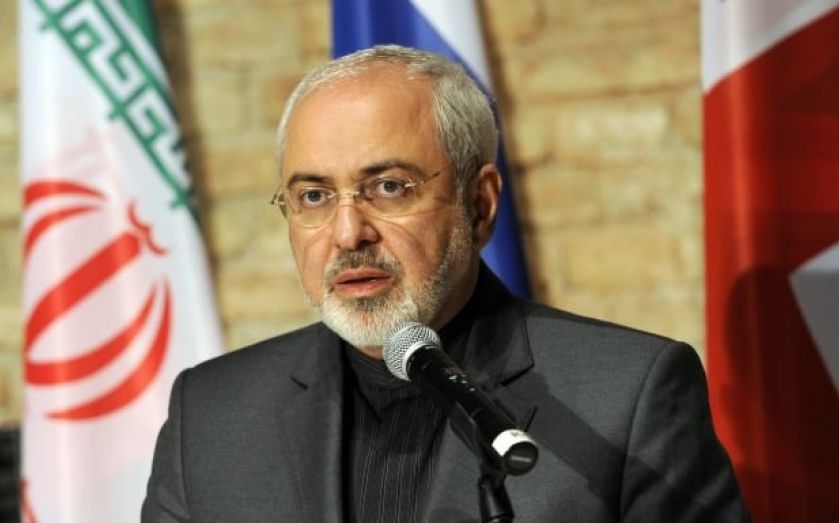| Updated:
Iran converts most dangerous nuclear material, leading to easing of sanctions

Iran has converted its most enriched uranium to less harmful forms such as fuel, according to the UN nuclear agency.
This marks significant progress as Iran and six world powers continue to try and reach an agreement about Iran's nuclear programme. The US has said that it will unblock $2.8bn worth of frozen Iranian funds as a result of this latest move.
The uranium in question was enriched to 20 per cent: according to experts, at this level it could easily be converted to arm a nuclear weapon. Iran had over 200kg of this uranium last November when it agreed to eliminate it in return for an easing of sanctions.
The countries on the other side of the negotiating table – the US, France, China, Russia, Germany and the UK – have been pressing for Iran to reduce its uranium enrichment because they suspect that the country is trying to develop atomic weapons.
Iran has consistently denied this, claiming that the uranium is intended for medical purposes and for use in nuclear power stations.
Although a new report by the International Atomic Energy Agency says Iran is observing its commitments well, progress at Iran's nuclear talks has generally been slow: on Friday last week a four-month extension was added to the talks, which are now due to be completed by 24 November. The original end date was set at 20 July.
The slow progress reflects the parties' inability to come to an agreement on long-term restrictions to uranium enrichment and plutonium production in Iran. Both of these materials have the potential for use in the development of nuclear weapons.
Iran's foreign minister Mohammad Javad Zarif and EU foreign policy chief Catherine Ashton said in a joint statement last week that “there are still significant gaps on some core issues which will require more time and effort".